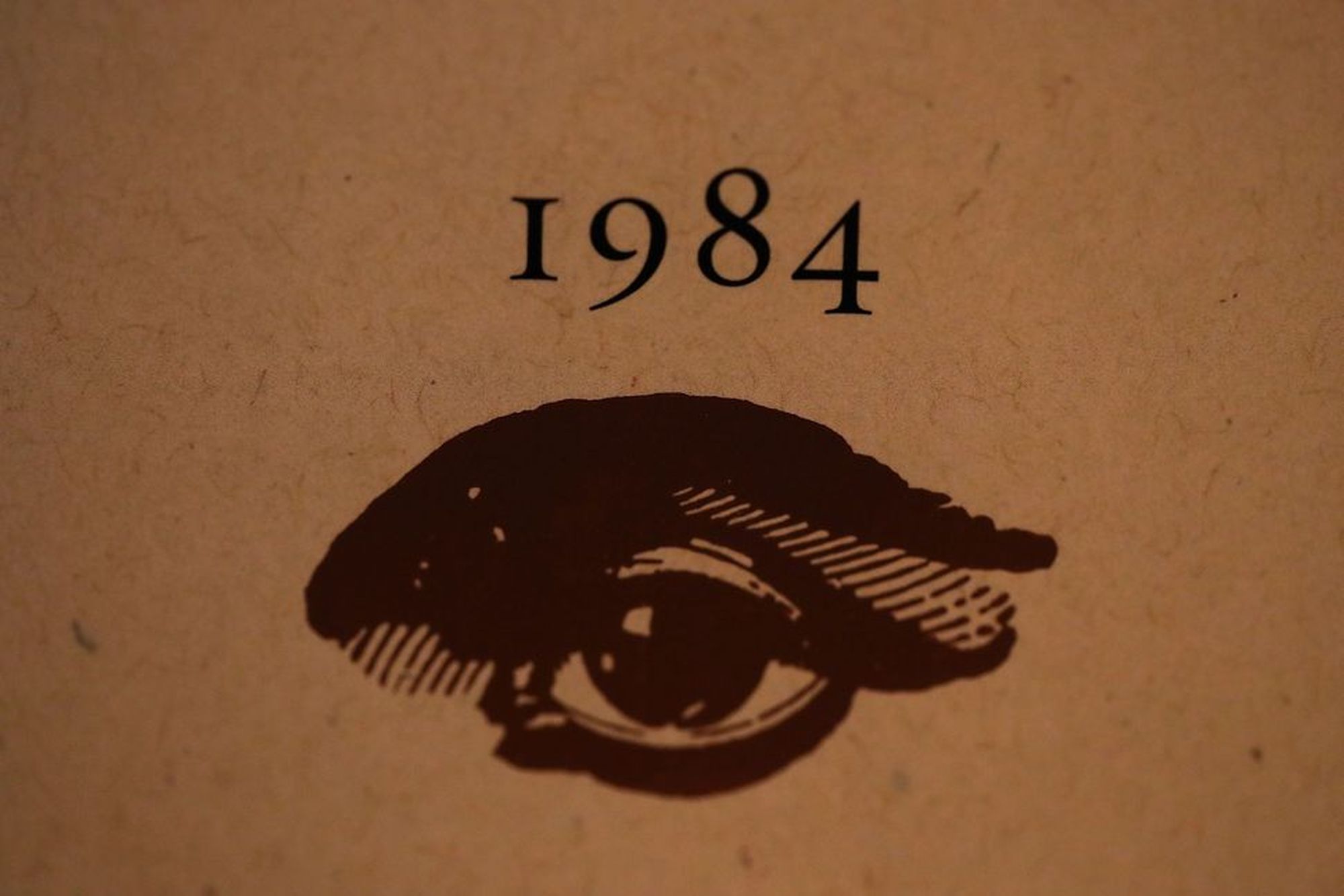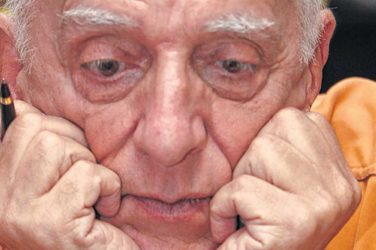George Orwell’s classic literary piece, 1984, seems to have found yet a new playhouse stage. This time in Brazil, where the Supreme Court has given ample powers to Justice Alexandre de Moraes to fight the scourge of fake news that has brought ill to society in many areas, including politics, of course. However, Justice Moraes seems to have taken his responsibilities to a new level by banning Elon Musk’s X platform from operating in Brazil and fine individuals who continue to access the platform through the use of VPNs. According to Justice Moraes, the ban was called due to the platform’s failure to comply with local laws, and to appoint a legal representative in Brazil to address issues related to hate speech and misinformation.
And that is when the plot thickened, giving Orwell’s novel a renewed breath of life. Such is the power of a classic.
One of Orwell’s master creations in the novel is the so called “Ministry of Truth,” an ironic name given to a government body of a dystopian future society. The “Ministry of Truth” was created by the fictional government to erase and manipulate the truth, spreading propaganda and misinformation. This enabled the regime to continue controlling the population and perpetuating itself in power.
Does it sound familiar? Perhaps we should consult Putin to gain a few insights. After all, he also blocked access to X, Instagram and Facebook, as well as the websites of several opposition media outlets in favor of Telegram. Putin makes the Brazilian justice pale in comparison.
There is a division among Brazilians on how they are looking at the Justice’s decision along with the support of the current center-left President Lula da Silva, who said to CNN that he hopes this crisis surrounding X in Brazil may teach that “the world doesn’t have to put up with Musk’s far-right ideology just because he is rich” Brazil’s president says world doesn’t have to put up with Elon Musk’s ‘far right’ ideology just because he’s rich .
Many argue that freedom of expression is the cornerstone of democratic societies. It allows individuals to express their opinions and ideas without fear of censorship or punishment from the government. This principle dates back to ancient Greece, where it was considered essential for democracy to function. In other words, if people can’t freely articulate their thoughts, then there can be no full democratic regime. And although there is no way we can get to the heart of Justice Moraes, there has been enough room for debate.
And the arguments of this debate have been strong on both sides. Mariana Valente, a lawyer and director of Brazil’s InternetLab, a think tank, stated that “Moraes’ actions were very much legitimized by the need to protect the Constitution,” according to The New York Times article Why Brazil Banned X . Valente also recognizes the Moraes’ measure to block X was extreme, but she seems to find some legitimacy in the fact that the full Supreme Court has decided to uphold the ban on X. The decision was made unanimously by a panel of judges, supporting the initial ruling by Justice Alexandre de Moraes.
On the other hand, Mauricio Santoro, a political science professor at the State University of Rio de Janeiro, is appalled by the decision to ban X and fine individuals who continue to access the platform through the use of VPNs. “I’ve used VPNs a lot in authoritarian countries like China to continue accessing news sites and social networks, but It never occurred to me that this type of tool would be banned in Brazil. It’s dystopian,” said Santoro on the platform before it shut down, according to an article by the Associate Press On the first day without X, many Brazilians say they feel disconnected from the world.
It is very unfortunate to see a once vibrant democracy like Brazil taking sides with other totalitarian regimes such as China, Russia, North Korea, and Iran, all of which have very strong Ministries of Truth and have put a ban on the X platform. In the particular case of Brazil, the Supreme Court has created a case of exception, which goes against core democratic principles.
Banning is never a solution. It only leads independent thinkers to point out its flaws and to the fact that Freedom of Expression is still the X of a rather complex democratic equation.
Glauco Ortolano is an Associate Professor at the Defense Critical Language and Culture Program of the Mansfield Center, University of Montana. He has taught at the Lauder Institute of the University of Pennsylvania. He was also appointed Peace Ambassador by Le Cercle Universel des Ambassadeurs de la Paix.
This views in this post do not represent those of Brazzil. Nor do they represent those of the author’s employer.







